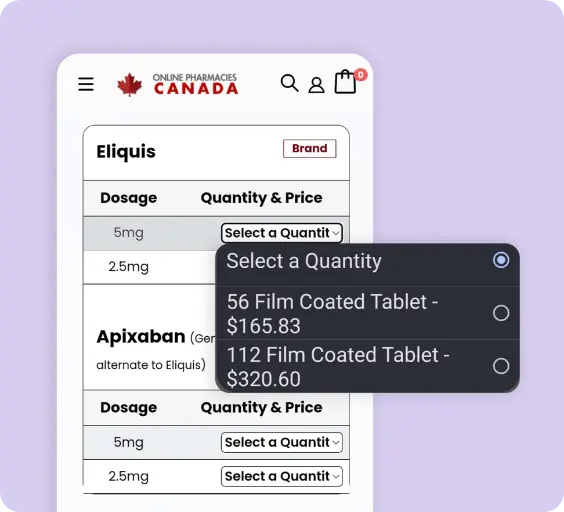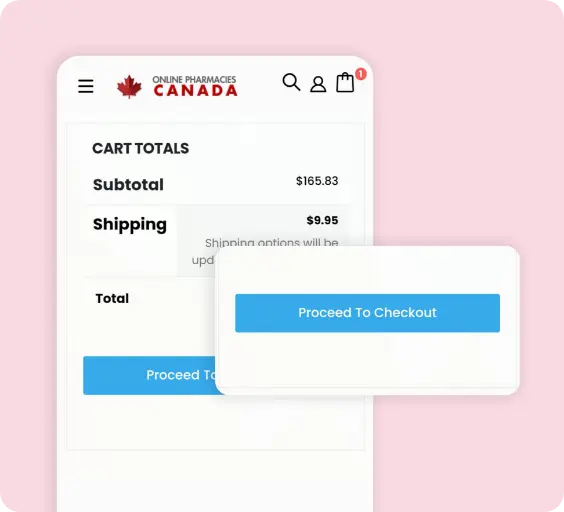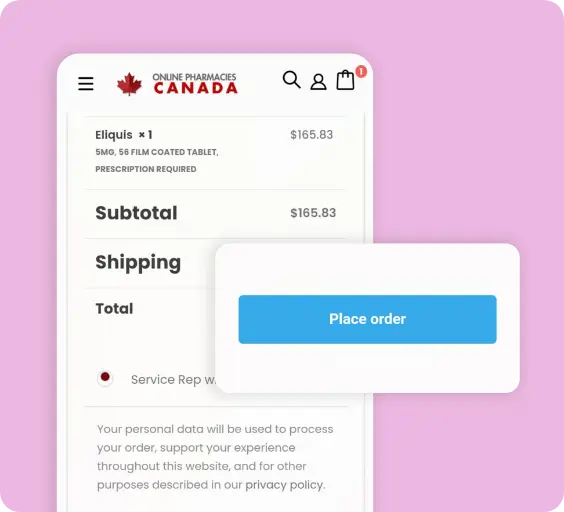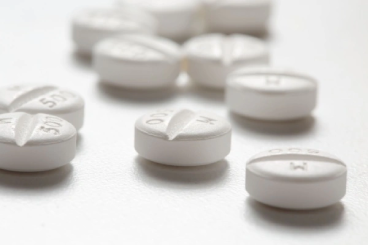Indications
Corgard is a medication used to treat high blood pressure and chest pain (angina). The active ingredient in Corgard is Nadolol. Nadolol belongs to the drug class of beta-blockers. It works by reducing the workload on the heart by slowing down the heart rate and lowering blood pressure.
Corgard can be taken alone or together with other medications for these conditions. By lowering high blood pressure, Nadolol helps prevent strokes, heart attacks, and kidney problems. In the management of chest pain, nadolol may also help to reduce the frequency of chest pain episodes and improve your ability to exercise.
Uses and Dosage
Corgard is available in tablet form for oral consumption and is typically prescribed to be taken once a day. You can take it with or without a meal as directed by your doctor. Swallow the tablet whole with a full glass of water.
To ensure maximum benefit, use the medication regularly and try to take it at the same time each day. Corgard treats high blood pressure, but it does not cure it. Even if you feel well, continue taking the medication as prescribed. It is common for people with high blood pressure to not experience any symptoms.
- To treat high blood pressure with nadolol (Corgard), most people take 40 mg of the medication by mouth once daily. Your healthcare provider may adjust the dosage based on your blood pressure readings, and the typical dose may range between 40 mg and 80 mg. The maximum daily dose is 320 mg.
- If using nadolol to treat symptoms of chest pain, the starting dose is the same as for high blood pressure, and the typical dose ranges between 40 mg and 80 mg once daily. The maximum recommended dose for chest pain is 240 mg once daily.
Side Effect
Common Side Effects of Corgard (Nadolol):
- Bloating
- Constipation
- Diarrhea
- Dizziness
- Drowsiness
- Fatigue
- Gas
- Nausea
- Upset stomach
Serious Side Effects of Corgard (Nadolol):
- Bluish color of fingers and toes
- Fainting
- Hair loss
- Irregular heart rate
- Mental or mood changes
- Numbness
- Reduction of blood flow in the hands and feet
- Severe dizziness
- Sexual dysfunction
- Slow heartbeat
- Symptoms of worsening heart failure (shortness of breath, sudden weight gain, swelling of the feet, unusual and severe fatigue)
- Vision changes
- Wheezing
Form and Strength
Corgard (Nadolol) is available in the following forms and strengths:
Nadolol: Tablet
- 20 mg
- 40 mg
- 80 mg
- 160 mg
Caution
- Drinking alcohol can lower your blood pressure even more and worsen certain side effects of nadolol (Corgard), like dizziness. Avoid drinking alcohol while taking nadolol (Corgard).
- You should avoid or limit the consumption of green tea and green tea extracts during treatment with nadolol.
- Do not suddenly stop taking Corgard without talking to your doctor, as this could cause your condition to worsen or lead to other adverse effects.
- Corgard may interact with certain foods, such as grapefruit and grapefruit juice, and certain drugs, such as antidepressants, asthma medications, and others.
- Corgard may cause dizziness, so avoid driving or operating machinery until you know how the drug affects you.
- If you have a history of asthma or breathing problems, be sure to tell your doctor before taking Corgard, as it may worsen these conditions.
- Corgard may affect your blood sugar levels, so monitor your blood sugar carefully if you have diabetes or are at risk for diabetes.
- If you have a history of heart failure, be sure to tell your doctor before taking Corgard, as it may worsen this condition.
- Corgard may mask some of the symptoms of low blood sugar, such as rapid heartbeat or tremors, so monitor your blood sugar carefully if you have diabetes or are at risk for diabetes.
- If you are undergoing surgery or anesthesia, be sure to tell your doctor or dentist that you are taking Corgard.
- Corgard may cause a rash or other skin reactions, so tell your doctor if you notice any changes in your skin.
Frequently Asked Questions (FAQ)
Can Corgard be taken during pregnancy or breastfeeding?
Do not take Corgard during pregnancy or breastfeeding, as it may harm the baby.
Can Corgard be taken with other medications?
You should always check with your doctor before taking Corgard with other medications, as it may interact with certain drugs, including certain blood pressure medications, diabetes medications, and others.
What should I do if I miss a dose of Corgard?
If you miss a dose of Corgard, take it as soon as you remember. However, if it is close to the time for your next dose, skip the missed dose and continue with your regular dosing schedule. Do not take a double dose to make up for a missed one.
Can I stop taking Corgard suddenly?
No, you should not stop taking Corgard suddenly without talking to your doctor first. This is because suddenly stopping the medication may cause your condition to worsen or lead to other adverse effects.
Does Corgard have any food or drug interactions?
Yes, Corgard may interact with certain foods, such as grapefruit and grapefruit juice, and certain drugs, such as antidepressants, asthma medications, and others.














REVIEWS